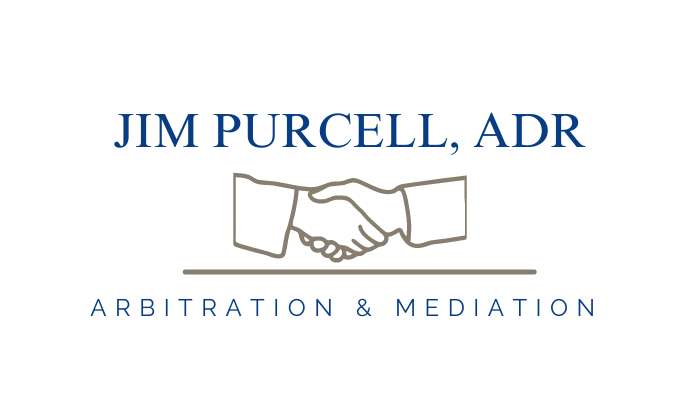 If your clients are ready to talk about settlement options, mediation is an excellent forum to allow involved parties to discuss negotiations privately with expert assistance from a neutral. In this case, preparation on behalf of the mediator can go a long way towards the success of settlement negotiations. Preparation can in fact be vital for avoiding the issue of gridlock mid-negotiation (“impasse”).
If your clients are ready to talk about settlement options, mediation is an excellent forum to allow involved parties to discuss negotiations privately with expert assistance from a neutral. In this case, preparation on behalf of the mediator can go a long way towards the success of settlement negotiations. Preparation can in fact be vital for avoiding the issue of gridlock mid-negotiation (“impasse”).
If a case does not settle, there can be significant negative consequences. Although every case is different, one study found that out of more than 9000 settlement decisions, 61% of the time, plaintiffs recovered less money than was offered in the pretrial negotiation. For defendants, 24% of the time, they ended up paying more. It’s not just about the final offer, however. Many parties who move into settlement talks are anxious to resolve the issue. They understand the negative aspects of going through with litigation and continued conversations that don’t end in a solution. And if you consider that over 97% of all cases settle, why incur thousands of dollars in costs and attorneys’ fees simply to settle on the eve of trial for what might have been attained at the onset of litigation? For this reason, the preparation on behalf of the mediator can be essential for success.
The mediator helps to guide the parties in the right direction. One critical way that mediators do this is through the questions they ask and the tasks they assist the parties to complete. Mediators use logic and facts to help the parties re-examine their perceptions and consider alternative solutions. As neutrals, they see the case differently. They are not emotionally invested. In many cases, if the mediator is willing to be evaluative, the mediator can serve as a reality check when parties believe that their witnesses or evidence are stronger than they really are. This can help parties to rethink their position and to consider a compromise before too much damage is done.
Rather than dwelling on the past, in disputes between parties with ongoing relationships, a mediator will help parties consider what future opportunities exist between them. Some of the most common techniques used to help parties overcome gridlock in negotiation include helping a party think about the other side’s possible response, determining the criteria of a good settlement offer, formulating specific strategies to move the negotiations forwards rather than backwards, exploring the impact of possible worst-case scenarios, and reviewing objective information for the purposes of comparison. For example, a mediator might look at jury verdicts and settlement amounts for cases that are similar to the one at hand. All of these tactics can be used to draw disputing parties out of impasse and help them to think about possible solutions. When a mediator is skilled and prepared well in advance, he or she can play a vital role in helping parties step outside the box and find compromise.

